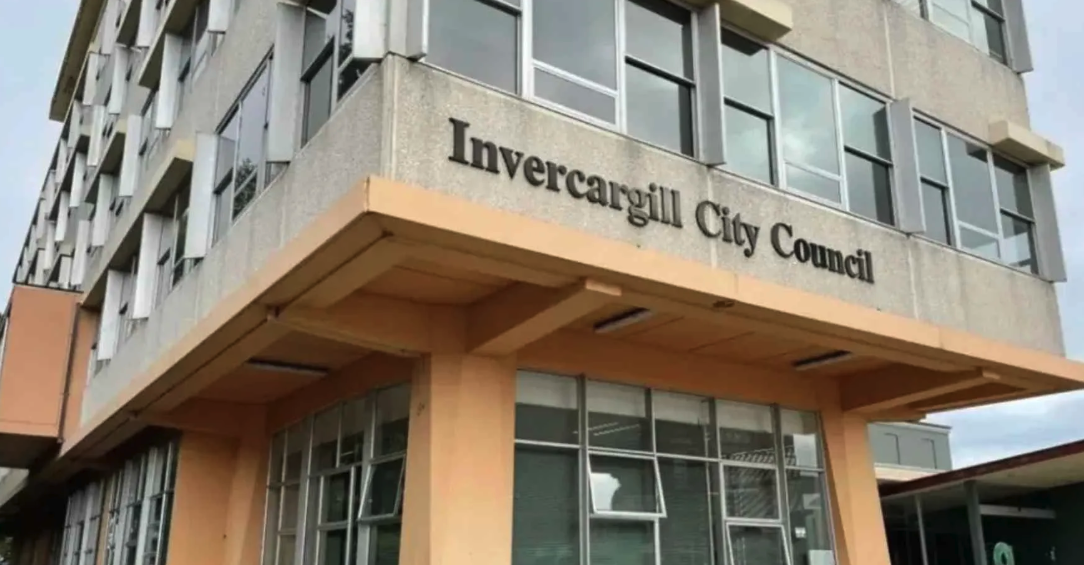The decision on the future of the Bluff wastewater treatment plant has been one of the hardest that the council has had to make, Mayor Nobby Clark said.
At its extraordinary meeting today, council agreed to apply for a new short-term consent to continue operating the existing plant under the same discharge consent conditions for two years. Related: Invercargill Mayor Not Keen On Unified Approach To Water Delivery
This was to give council time to understand the new requirements of the discharge standards and RMA legislation by the Government.
On December 10 the Local Government Water Services Bill (LGWS Bill) was released, but the details would not be made public until March 2025.
There was still support from some councillors and runanga to proceed with a consent application for status quo treatment plus a new naturalistic wetland under the existing RMA framework, but it failed to get the numbers across the line.
It was anticipated that under the new wastewater standards, the discharge from the Bluff Wastewater Treatment Plant (WWTP) may have an easier consenting pathway.
Staff said in a report the incoming government has indicated strongly that the new legislation could halve wastewater consent costs for smaller treatment plants.
“However, there are currently councils in the South Island who have in excess of $90 million in their Long-term Plans for treatment plant upgrades that service communities smaller than Bluff.”
Council staff said in October the treatment plant at Bluff did provide a high level of discharge quality, that would unlikely to see significant impacts from the new standards.
Mayor Clark also said in October that he understood the new standards encompassed discharge to ocean, fast water and sensitive areas.
The current Bluff Wastewater discharge consent expired on December 2025, and a new consent was programmed for application in April 2025, with lodgement no later than the end of June 2025.
Under the new wastewater standards, council would have to consider the contaminants to be treated if discharging to water, and the levels that they would need to reach if discharging to land.
The new standards would still need to go out to consultation with a final decision not likely until August 2025.


